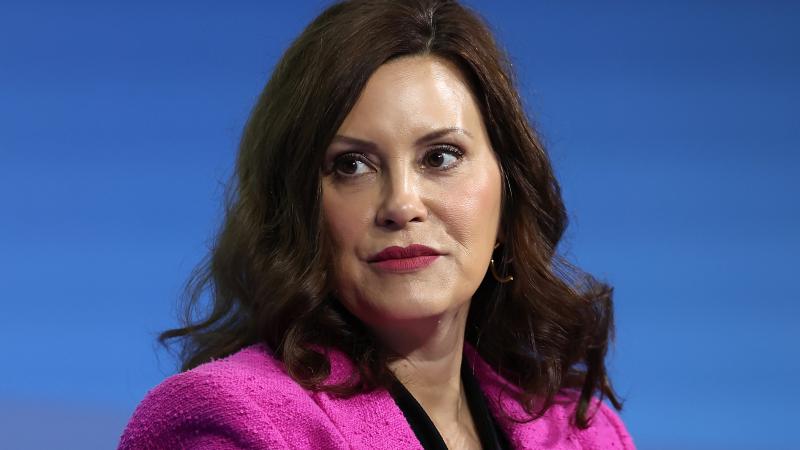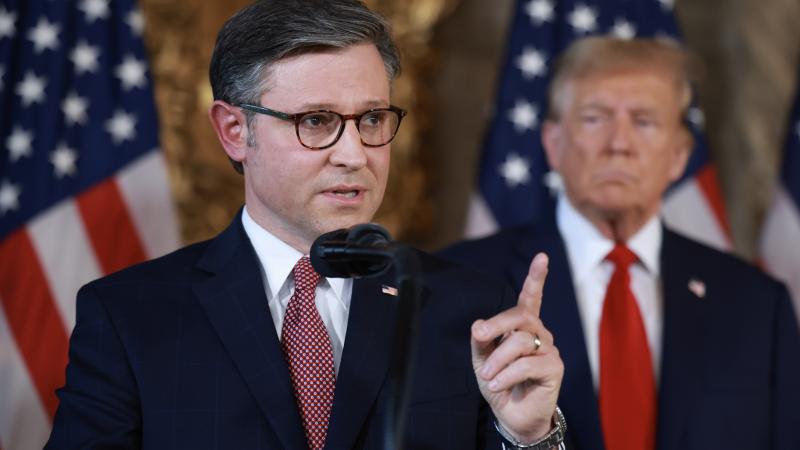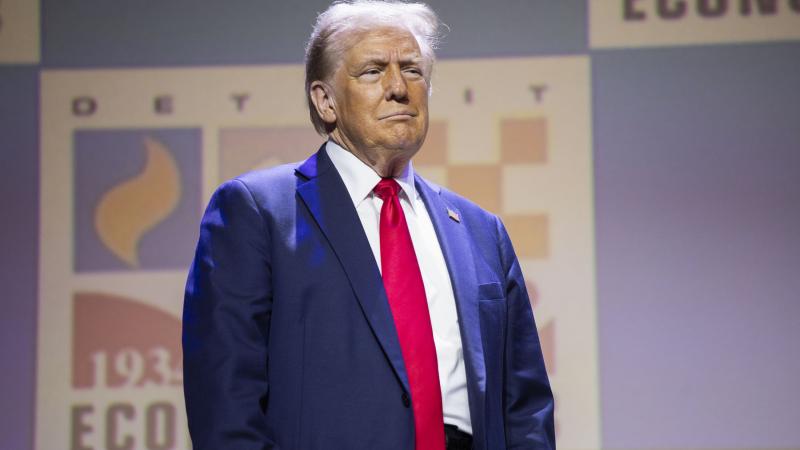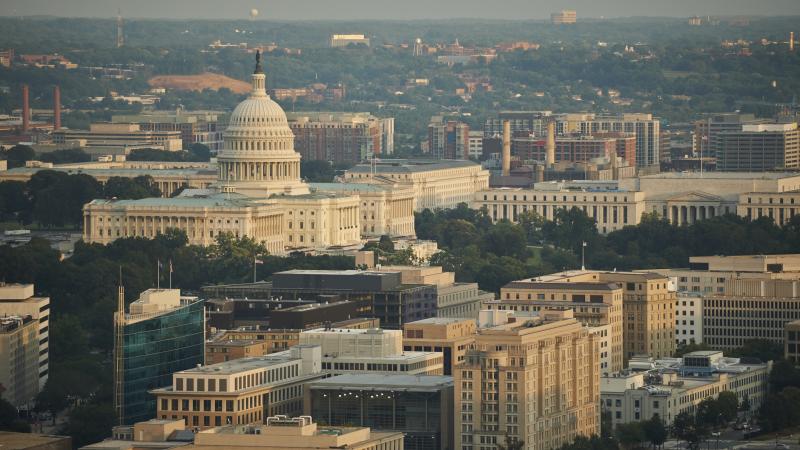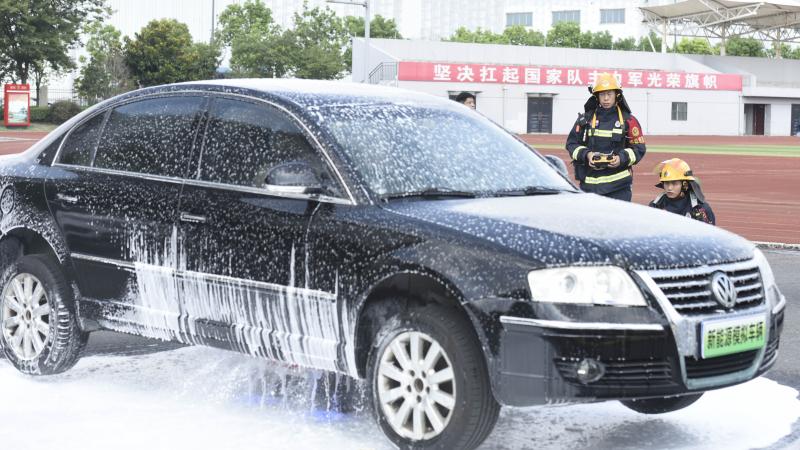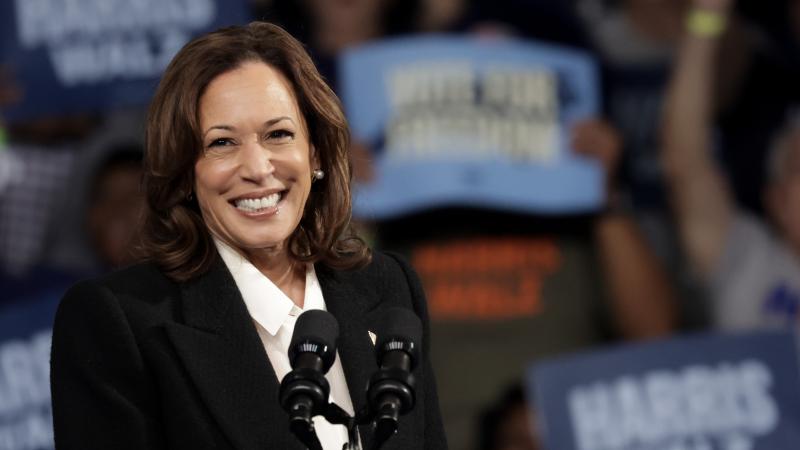Appeals court blasts school district for 'double standard' against religious student groups
9th Circuit notes that teachers who facilitated student protests against Fellowship of Christian Athletes also served on "Climate Committee" that recommended derecognition.
The nation's largest federal appeals court has put public schools across the western U.S. on notice that they cannot penalize student groups for their religious beliefs while granting secular clubs exemptions to nondiscrimination policies.
The sweeping ruling Wednesday prompted multiple partial and full concurrences, dissents and alliances, particularly on legal standing, among 11 judges of the 9th U.S. Circuit Court of Appeals.
They heard the case en banc after California's San Jose Unified School District appealed a three-judge panel's ruling in favor of the Fellowship of Christian Athletes.
The 9-2 majority made no legal distinction between clubs that require leaders to affirm "sexual expression" being reserved for male-female marriages, a core belief in orthodox Christianity, and those that prefer or limit membership to women, Asians or Republicans – all of whom exist at Pioneer High School along with the fellowship.
The government "may not 'single out' religious groups 'for special disfavor' compared to similar secular groups," according to the opinion by Judge Consuelo Callahan, appointed by President George W. Bush, quoting the 9th Circuit's ruling in favor of a high school football coach who was fired after praying on the field after games. She called it a "double standard."
The ruling follows even more sweeping action by the 8th Circuit in 2021, which twice struck down University of Iowa revocations of recognition and stripped officials of qualified immunity for violating "clearly established" law.
The same year, a district judge in the 6th Circuit did the same against Michigan's Wayne State University, but the case was not appealed. The 7th Circuit knocked down similar actions by Southern Illinois University Carbondale in 2006.
The 9th Circuit reversed U.S. District Judge Haywood Gilliam's denial of a preliminary injunction. It directed him to issue an order reinstating FCA's official recognition at Pioneer, which the chapter had enjoyed for nearly 20 years before the district revoked its status in 2019 due to the required "sexual purity" affirmation.
The district is "disappointed" in the ruling but "respects the judicial system and its essential role in our democracy," according to a statement provided by spokesperson Jennifer Maddox. "The most important consideration will be how to continue to implement San José Unified’s long-standing policy against discrimination in district programs and activities."
Reuters paraphrased from a district statement that said FCA's leadership requirement violates its nondiscrimination policy by banning gay students from serving as officers, which conflates sexual orientation with sexual activity.
Maddox declined to provide that statement to Just the News, saying, "We have not included that in any of our statements regarding this case."
"Bottom line it's a huge win" for religious students in California, whose clubs can no longer be "targeted and harassed" by their public schools, senior counsel Daniel Blomberg at religious liberty law firm Becket, who represented the club, told Just the News. The 9th Circuit also covers Alaska, Arizona, Hawaii, Idaho, Montana, Nevada, Oregon and Washington.
Several advocacy groups and public interest law firms filed friend-of-the-court briefs in the case, including recurring Supreme Court victor Alliance Defending Freedom on behalf of two similar Christian clubs, Ratio Christi and Chi Alpha.
ADF said Thursday the ruling reversed its 9th Circuit loss representing Alpha Delta Chi.
Pioneer's FCA club enjoyed "controversy-free" recognition from the Associated Student Body until 2019, when teacher Peter Glasser obtained its leadership requirements – apparently from a student who would later help found the school's Satanic Temple Club – and showed them to his class, prompting objections from FCA officers, Callahan's opinion states.
The teacher also notified Principal Herb Espiritu that a student was "very upset about the anti-gay prerequisites for membership/officership," overstating the requirements. Glasser said "part of me thinks that attacking these views is the only way to make a better campus."
Within a few days, Espiritu and the "Climate Committee" of department chairs and administrators, including Glasser, agreed that FCA's policies violate the school's "core values" and consulted with the district. The principal later testified he never asked FCA for its "specific prerequisites" for leadership, and the district simply assumed FCA banned "homosexual" leaders, Callahan said.
The club lost its benefits such as access to ASB financial accounts, priority access to meeting space, inclusion in the official club list and an official campus adviser.
It was the first revocation of an ASB-recognized club at Pioneer, though the district let FCA continue as an unrecognized "student interest club" in the 2019-2020 year. Espiritu testified that federal law would also require him to host a student-led "KKK meeting."
Even allowing the unrecognized club was too much for another Climate Committee member, the opinion says.
Teacher Michelle Bowman, adviser to the newly recognized Satanic Temple Club, encouraged them to agitate against FCA, which endured repeated protests at its meetings that year.
The Climate Committee's role stood out to the court majority, which said it "was not simply made up of random individuals in the District, but rather individuals with positions of importance," whose stated purpose was discussing anything "negative" that impacts campus culture.
"Without Glasser’s and the Climate Committee’s actions, there is no indication that any other group or administrative body within the District would have called for an investigation" of FCA and then de-recognized it, Callahan wrote. (Glasser but not Bowman is a defendant.)
The school newspaper's photographers also attended FCA meetings, posting reams of members' close-up photos online, which only stopped when a reporter got caught "verbally abusing" them and the newspaper advisor banned future coverage, according to Callahan.
The FCA chapter and national organization sued the district in April 2020, prompting the district to adopt a purported "all-comers" policy – open eligibility for leadership and membership in any club regardless of beliefs – of the sort blessed by the Supreme Court in 2010.
The policy said clubs could require "non-discriminatory criteria" but didn't define them, and schools "were allowed to maintain – or even themselves sponsor – clubs with facially discriminatory membership requirements," Callahan wrote.
The district's three FCA clubs declined to apply for recognition in the policy's first year, 2021-2022, with the district, and Principal Espiritu confirming their religious requirements couldn't pass muster under the policy, according to the opinion.
Though the ruling is limited to schools that don't enforce an all-comers policy, Becket's Blomberg said the majority made clear "that doesn't exist in the real world," as evidenced by San Jose Unified's violation of its own policy.
Blomberg said he's only aware of one purportedly confirmed all-comers policy, from the 2010 Supreme Court decision. Even then the parties simply stipulated the school treated all clubs equally, without evidence it followed through in practice, he said.
The Facts Inside Our Reporter's Notebook
Videos
Links
- sweeping ruling Wednesday
- 9th Circuit's ruling in favor of a high school football coach
- twice struck down University of Iowa revocations
- 6th Circuit did the same against Michigan's Wayne State University
- 7th Circuit knocked down similar actions
- Reuters
- 9th Circuit loss representing Alpha Delta Chi
- blessed by the Supreme Court in 2010


